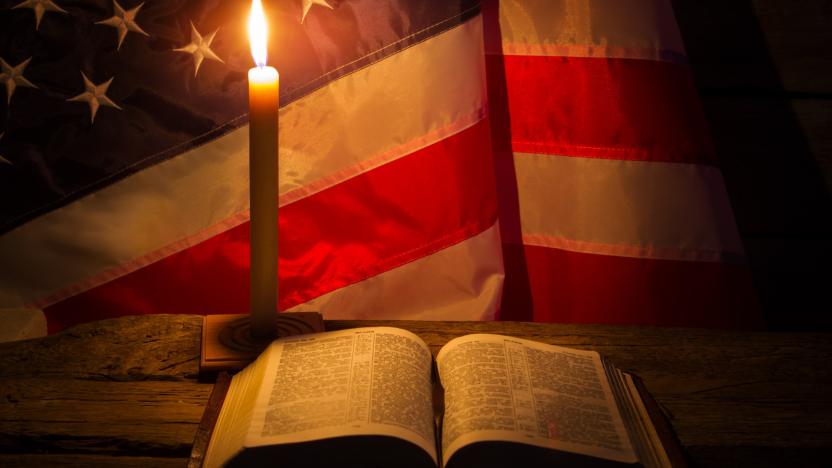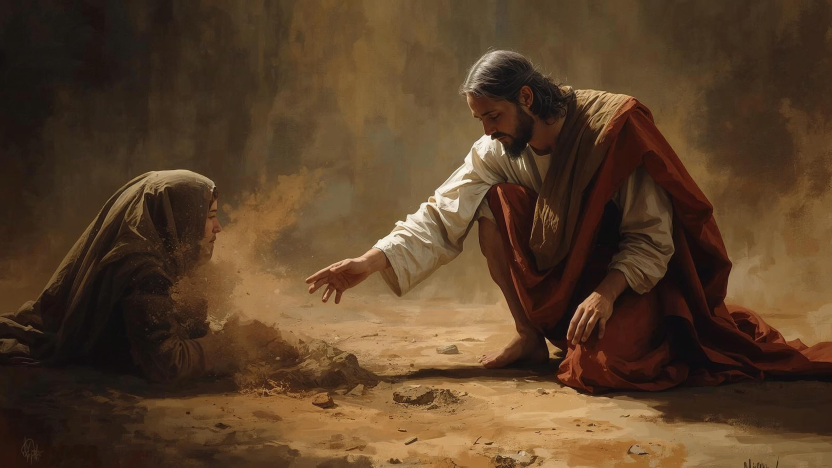"For You have broken the yoke of his burden and the staff of his shoulder, the rod of his oppressor, as in the day of Midian."
Isaiah 9:4
When Isaiah recalled God's kingship of Israel in the era before human dynasties, he highlighted one event in particular: Gideon's defeat of the Midianites. To Isaiah, the story of Gideon proved that with God fighting for them, King Ahaz had no reason to fear the looming armies of Assyria. To Jesus, more than half a millennium after Isaiah, the story of Gideon illustrated a corollary principle, that when God leads, all that's necessary to make a difference is a small band of obedient followers. The same is true today.
600 to 1
In the days of the judges, when God raised up unexpected heroes to conquer Israel's enemies, He chose to defeat the overwhelming invasion of Midianites using the least significant hero He could find. Gideon himself declared, "O my Lord, how can I save Israel? Indeed my clan is the weakest in Manasseh, and I am the least in my father's house" (Judges 6:15). But Gideon shouldn't have worried. God's whole plan hinged on His people's insignificance. After Gideon collected 32,000 soldiers to fight 185,000 Midianites, outnumbered almost six to one, God said, "The people who are with you are too many" (Judges 7:2). He instructed Gideon to send home anyone who was afraid to fight, and 22,000 soldiers left. But even with the 10,000 who remained, God said, "The people are still too many" (Judges 7:4). At God's direction, Gideon sent home all but 300. An army that had been outnumbered six to one was now outnumbered six hundred to one. But God assured Gideon, "By [these] three hundred men...I will save you and deliver the Midianites into your hand" (Judges 7:7). And He did. The insignificance of Gideon and his army was no obstacle for the God of Heaven's Armies.
Jesus understood God's power over large numbers when He chose His own disciples. God did not need a vast army to defeat the forces of the world. In fact, fewer disciples would win a greater victory. Out of all the crowds of thousands that followed Jesus, He picked at most seventy-two to carry a missionary message, and He picked only twelve to disciple personally. Jesus understood that small cadres had advantages. Each individual could be hand-picked, and a smaller group could travel together much more easily than a large group. Jesus and His disciples sometimes traveled in one tiny boat; a larger group would have needed a flotilla. Most importantly, the Teacher could dedicate quality one-on-one time to each student, developing their strengths and correcting their weaknesses out of the public eye.
God's principle of small but powerful groups applies today. God is not concerned when His number of followers are few. Rather, as with Gideon, He was wary of a large army "lest Israel claim glory for itself against Me, saying, 'My own hand has saved me'" (Judges 7:2). God needs no more than small a group of loyal, obedient followers. It appears He prefers such, that His name may be magnified all the more by a mighty victory.
Jesus' promise to His own disciples is still open to us: "Follow Me, and I will make you fishers of men" (Matthew 4:19). Some will be afraid and return home, some will ponder for a while what to do, but everyone who does join will be in for an adventure as rich as the adventures of Gideon's army or the disciples of Jesus.
Call to Action
God is still looking for those who will join the ranks of His heroes. Will you be one?
Scripture taken from the New King James Version®. Copyright © 1982 by Thomas Nelson. Used by permission. All rights reserved.




